Dhaka, Dec 19, (V7N) - The High Court has ruled that the two prominent cases related to the 21st August grenade attack should undergo a fresh investigation to ensure justice. The court directed the Ministry of Home Affairs to take necessary steps to carry out the investigation through appropriate and expert agencies. Additionally, the court instructed the release of individuals who are currently imprisoned under the case, provided they have no other pending charges.
The grenade attack, which took place during an Awami League rally in Dhaka in 2004, resulted in the deaths of 24 individuals and left over 300 others injured. On December 1, 2023, the High Court overturned the sentences of those convicted in the trial court, including former State Minister for Home Affairs, Lutfozzaman Babar, and Acting Chairman of BNP, Tarique Rahman, both of whom were sentenced to death. The High Court acquitted 49 accused individuals, including Babar and Rahman. This ruling has sparked renewed questions regarding the investigation and future of the case. The full written judgment was published on the Supreme Court’s website on Thursday.
Following the cancellation of the trial court's verdict, concerns arose about the reinvestigation and proper trial of the case. Legal experts have stated that further clarity on the future of the case will emerge once the full judgment is reviewed. Senior Supreme Court lawyer, Monzil Morshed, mentioned that a new investigation would open up the possibility for clearer answers, as there are still many unanswered questions regarding the case. He emphasized the need to examine whether there is any attempt to manipulate the case further or if new suspects will be brought into the investigation.
Another senior lawyer, ZI Khan Panna, stressed that while 24 people lost their lives in the tragic attack, the High Court's ruling had declared the previously convicted individuals as innocent. He raised concerns over who the actual perpetrators are and emphasized the public's right to know the truth for justice to be served. He also questioned whether the government would appeal the ruling or take other appropriate actions.
The incident, which took place on August 21, 2004, during an Awami League rally on Bangabandhu Avenue in Dhaka, was one of the most horrific attacks in the country’s history. While Awami League President and former Opposition Leader, Sheikh Hasina, narrowly escaped the attack, 24 people, including the wife of former President Zillur Rahman, Ivy Rahman, were killed. More than 300 people were injured, including many prominent members of the party. The attacks were carried out using grenades, which were aimed at Sheikh Hasina’s rally.
In the trial conducted by a lower court in October 2018, the court sentenced 19 people, including former Home Minister Lutfozzaman Babar, to death and another 19, including Tarique Rahman, to life imprisonment. Eleven others were given varying prison sentences. Among those sentenced to death were 14 members of the militant group Harkat-ul-Jihad (HUJI). The accused had appealed their convictions in the High Court, while the state also filed an appeal regarding the approval of the death penalty.
The High Court’s ruling raised concerns about the validity of the case's original charges, as it found the supplementary charge sheet, based on the confessional statement of HUJI leader Mufti Abdul Hannan, to be "illegal." The court also criticized the first charge sheet, which was also based on Hannan's confessional statement, noting that it did not meet legal standards. Furthermore, the court pointed out that no witnesses had provided evidence about who threw the grenades, and therefore, it was impossible to establish the identity of the true perpetrators. The ruling also concluded that judgments based solely on confessional statements, without corroborating evidence, were not legally valid.
END/KMD/MSS/



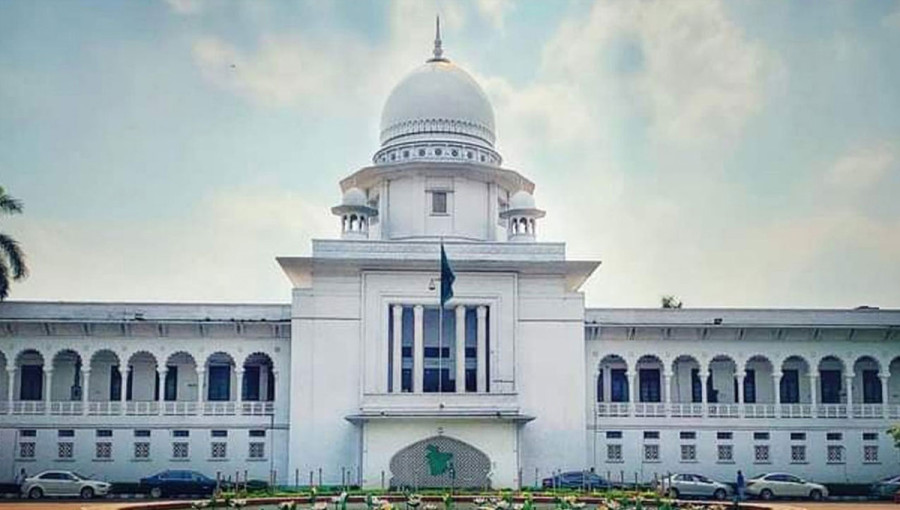
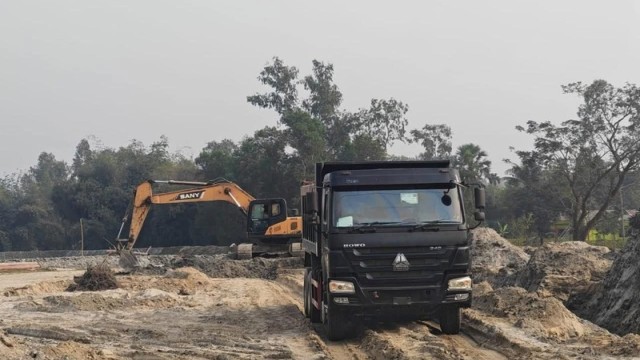
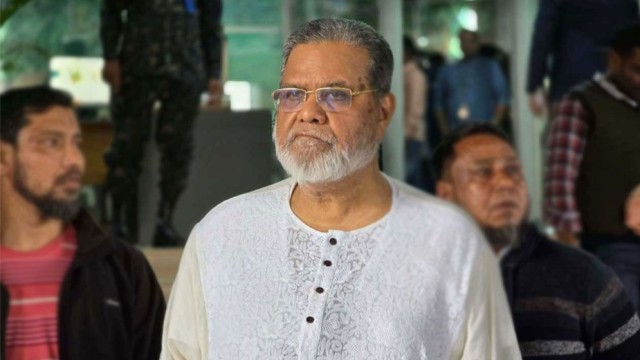
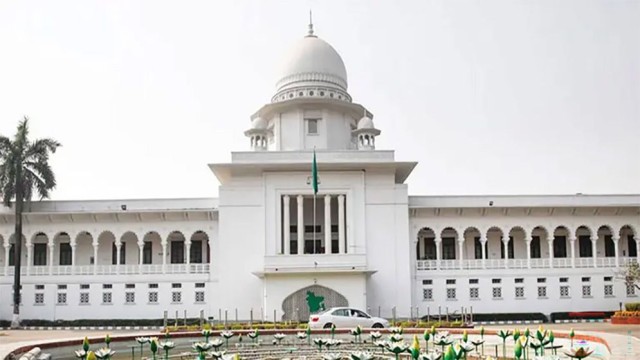
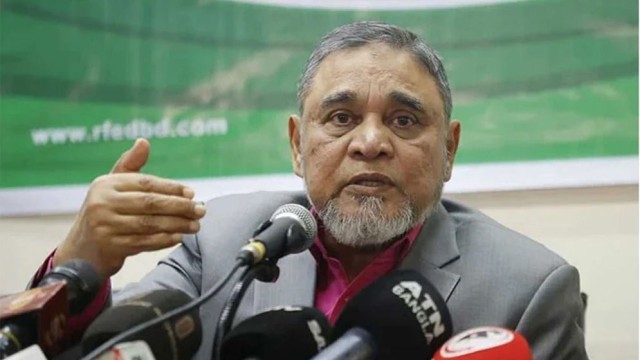
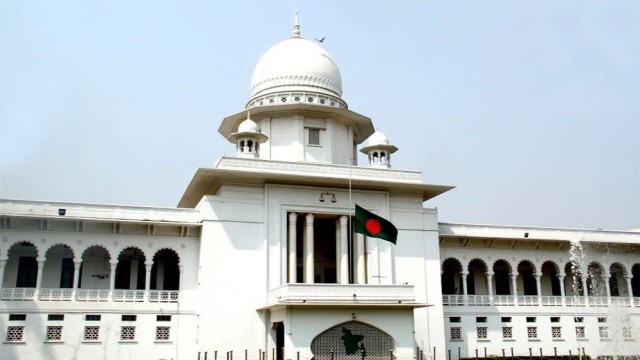






















Comment: